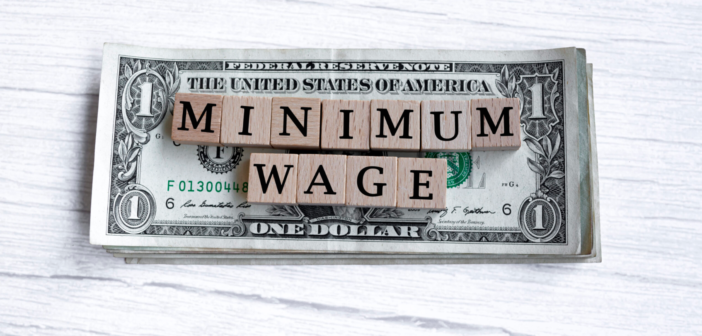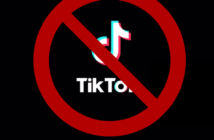Caitlyn McGregor, Contributing Writer
The issue of raising the minimum wage in the United States has been heavily debated for several years. Supporters believe that a higher minimum wage could significantly enhance the quality of life for low-income employees and reduce the high poverty level among this demographic. Additionally, such a move could bolster economic growth by supporting consumer spending.
However, those who don’t support it maintain that an increased minimum wage could lead to job cuts, especially for small businesses, and ultimately drive up consumer costs. The advantages and disadvantages of boosting the minimum wage must be carefully considered to determine the most effective approach.
One significant advantage of raising the minimum wage is its potential to improve low-income workers’ living standards. Increasing the minimum wage gives these individuals more disposable income, allowing them to afford necessities and fix their financial struggles. This can reduce poverty levels and improve the overall well-being of these workers and their families.

By helping to lift individuals out of poverty, raising the minimum wage may also reduce the reliance on government assistance programs, resulting in potential long-term cost savings for the government.
Another potential benefit of increasing the minimum wage is the economic growth it can stimulate. When low-income workers receive higher wages, they are likely to increase their spending, which, in turn, can boost consumer demand. This increased spending can result in businesses expanding their operations and hiring more employees, thus stimulating economic growth. However, there are also valid concerns regarding the consequences of raising the minimum wage.
The main argument is about job loss potential, specifically in small businesses. When employers must pay higher wages, they may reduce their workforce, cut hours, or not hire new employees because they can’t afford it. This could lead to closures and job losses in these businesses.
Emily Vandercar, a freshman at Saint Leo University majoring in criminal justice, shared her thoughts.
“As of right now minimum wage is on its way to being $15 within the next three years. I think that it shouldn’t be raised more than that because that is a good starting point. Also, I think it is a good idea to raise it gradually rather than straight away as that can have negative effects.”
One of those adverse effects people also argue is that raising the minimum wage can increase consumer prices; as businesses try to make up the money, they’re losing from the high labor cost. This could lead to inflation, making it more difficult for low-income individuals to afford goods and services.
The debate surrounding raising the minimum wage in the United States is complex and multisided. On the one hand, raising the minimum wage can lead to economic growth, but on the other, it can lead to inflation. It can lead to help for lower-class citizens and more money to buy things, but on the other hand, it leads to job losses, business closures, and less money.
This is heavily debated because the two arguments are for the same thing. In one case, it goes well; in the other, it is terrible. Since it’s nearly impossible to tell which way it will go if we raise the minimum wage, no decision has been made, and for now, it will stay the way it is.





